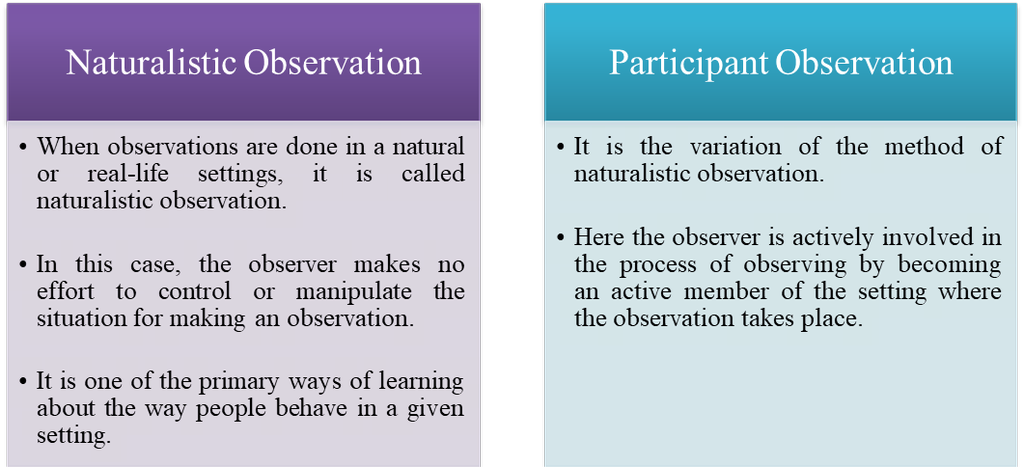- Books Name
- Psychology Book Class-12
- Publication
- PathSet Publications
- Course
- CBSE Class 12
- Subject
- Psychology
Observational Skills
- A great deal of what psychologists as researchers and practitioners do in the field is to pay attention, watch and listen carefully.
- They use all the senses, noticing what is seen, heard, smelt, tasted, or touched.
- A psychologist, thus, is like an instrument that absorbs all sources of information from the environment.
- A psychologist engages in observing various facets of surroundings including people and varying events.
- A psychologist may begin with carefully scrutinising the physical setting in order to capture its “atmosphere”. S/he might look at:
- the colour of the floor/ceiling
- the size of the window/doors
- the type of lighting
- artefacts/paintings/sculptures, etc.
- These small, subtle, and irrelevant looking signals influence human behaviour, which is why a psychologist notes such signals in the surroundings.
- A psychologist actively engages in observing people and their actions. This may include:
- the demographic features (age, gender, stature, race, etc.)
- ways of dealing and relating with others
- pattern of behaviours in the presence of others, etc.
- A psychologist records such details because something of significance may be revealed in the process of observation.
- The following points are taken into consideration while making an observation:
- Observe patiently
- Pay close attention to your physical surroundings - who, what, when, where, and how
- Be aware of people’s reactions, emotions, and motivations
- Ask questions that can be answered while observing
- Be yourself, give information about yourself, if asked
- Observe with an optimistic curiosity
- Be ethical, you have to respect privacy, norms of people you are observing; take care not to disclose any information to anyone.
- Two Major Approaches to Observation

Advantages of Observation
- It allows behaviour to be seen and studied in its natural setting.
- People from outside, or those already working in a setting, can be trained to use it.
- Disadvantages of Observation
- Events being observed are subject to bias due to the feelings of the people involved as well as of the observers.
- Generally day-to-day activities in a given setting are fairly routine, which can go unnoticed by the observer.
- Another potential pitfall is that the actual behaviour and responses of others may get influenced by the presence of the observer, thus, defeating the very purpose of observation.

 PathSet Publications
PathSet Publications
